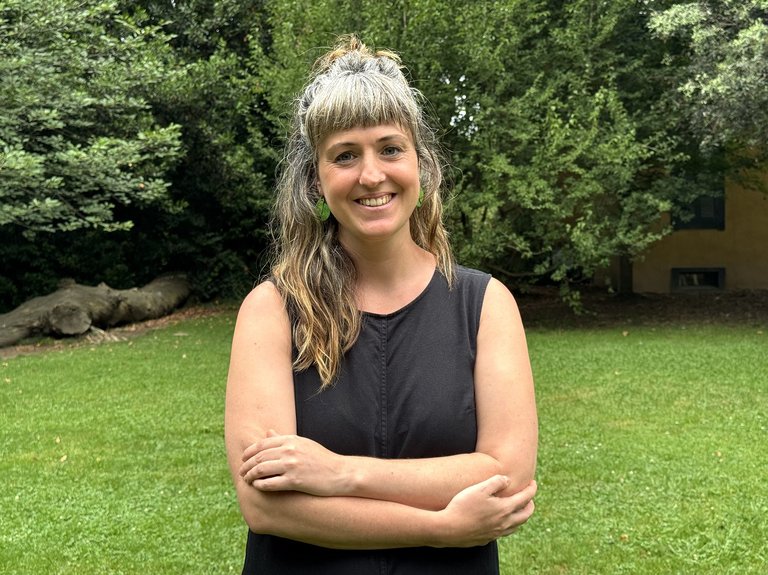“To see a feminist revolution in science, that would make me the most excited”
Usue Mori Carrascal (San Sebastián, 1987) holds a degree in Mathematics and has completed several master’s degrees in mathematical modelling, intelligent systems and teaching, among others. He is an Associate Professor at the UPV/EHU, in the Department of Computer Science and Artistic Intelligence, and also works extensively beyond the Academy to adapt Artistic Intelligence to the real needs of society. That was, in fact, V. One of the main reasons to be named winner of the Gladys Prize. He has also made his position clear in his answers to Elhuyar magazine’s questions.

What has surprised, disturbed or impacted you the most since you started working?
Two things surprised me the most: one is good and the other is bad. I’ve been pleasantly surprised by deep learning and creative artificial intelligence. When they showed up, we were all shocked. Scientifically, I thought it was magical. Imagine, some even asked what we should investigate now. In fact, it was on such a different level that everything seemed to have been achieved. Now, it's been a while, and we've seen that there's still a lot of things to investigate. But it was shocking.
On the downside, I would mention the decline of the evaluation system and the publication system. It is changing a little now, but there have been a lot of years in which the amount of publications has been valued, rather than the quality. As a result, in some things the system has been corrupted. It is published a lot, but without looking at the quality, and there are a lot of magazines that are half-deceived. Working on it is not very pleasant.
What revolution or discovery would you like to witness?
I had a hard time deciding the answer, actually, but I think what I would be most excited about would be seeing a feminist revolution in science. Both in terms of presence and value, I think that would transform science. Yes, I would like to see more women in the scientific and, above all, technical fields, where women have the least space. And at all levels of the hierarchy, from studies to high positions.
And also in terms of values, it seems to me that the feminist revolution would bring not only a better way of doing science, that's for sure. But I also think that the science itself would be better, and the scientific results that will come out will also be better. There are studies that show that diverse working groups have better results. For example, this is one way to prevent artificial intelligence biases. In fact, we often have biases so internalized that we don’t even realize it. If there are a variety of people on the team, maybe someone else will notice. However, we must be willing to accept our own biases. But it would be a revolution.
Buletina
Bidali zure helbide elektronikoa eta jaso asteroko buletina zure sarrera-ontzian











